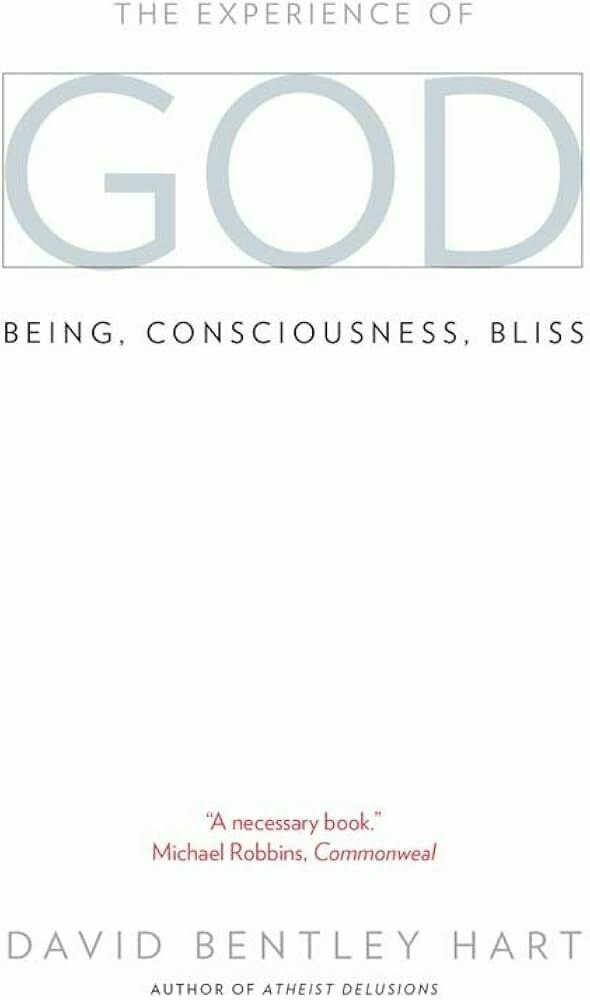David Bentley Hart’s “The Experience of God”
With some of my recent reading getting my mental wheels turning about the nature of who God is, I figured it was a reasonable time to pull The Experience of God off my shelf. Right off the bat in the introduction, Hart promises what I was hoping for: “My intention is simply to offer a definition of the word ‘God’…” Unfortunately, 332 pages later, what David Bentley Hart has written isn’t at all simple, and approaches a definition of “God” only from an oblique angle.

Hart structures the book in three major parts. In the first, he clarifies that the “God” he is describing is the ultimate deity, the prime mover, from which all other creation and being have their source. It is here even in the beginning section that he starts taking aim at what appears to be his actual target with this book: the arguments of the popular atheists of the late 20th and early 21st century. (Richard Dawkins is a regular whipping boy.)
The second section (comprising the bulk of the book) is structured around three characteristics which Hart points to as the core aspects of God: being, consciousness, and bliss. Each of these (long) chapters seems less interested in enlightening the reader on who God is than in disputing with the atheists and materialists. God is the root of being, declares Hart, and anyone who says differently is just stupid. There is no materialist explanation for consciousness, says Hart, and the materialists who argue for an evolutionary reason and dismiss God are illogical and foolish. There is no evolutionary reason for a search for beauty, truth, and goodness, says Hart, and those who would try to argue thus are intellectually dishonest. So it goes.
Hart’s arguments are at his strongest when he’s arguing for something instead of railing against something. The first part of his chapter on bliss was particularly good in that regard. Sadly, most of the book goes the other direction.
It’s very hard to review Hart without taking his blustery style into consideration. He’s never met a big word he didn’t like. He makes huge sweeping assertions without any hint of supporting justification. He seems to think that just by declaring something “obviously” wrong that it’s obvious to everyone and doesn’t need explained. In doing so he dismissively waves away not just the weak sauce of people like Dawkins but also more substantive scientists and thinkers who deserve better. Hart falls almost into self-parody at the beginning of chapter six: “[W]e should not mistake every pronouncement made in an authoritative tone of voice for an established truth.” While aiming this at popular atheists, it’s an argument that is equally valid against Hart himself.
There’s an old joke about a preacher, who at one point in his sermon notes has written: “weak point, pound pulpit”. As a lay theologian and not much of a philosopher at all, my trouble with Hart’s book is that he does so much pulpit pounding it makes me suspect the strength of his points. Even in places where I find myself in agreement with his conclusions I have a hard time feeling like the book was beneficial.